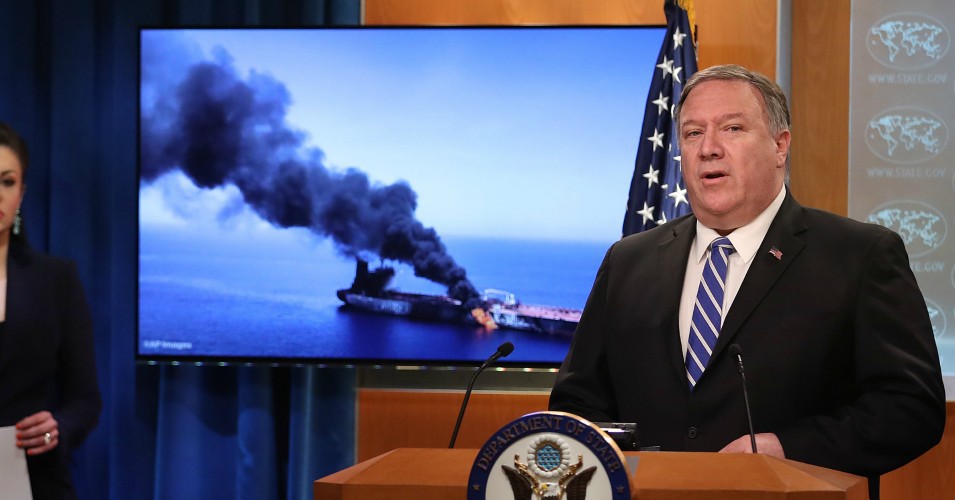
War is a failure of reason, it has been said, and war with Iran makes little sense after they have faithfully complied with their nuclear agreement (the Joint Comprehensive Plan of Action), endorsed as it has been by the Security Council. It was the US, and the US alone, choosing to abrogate the deal that has resulted in the current confrontation — an unequal one in the unexpected sense that the US carrier is a big fat sitting duck for Iran’s locally manufactured sophisticated missiles. Additionally, its air defenses supplied by Russia will render aerial bombing an expensive proposition in airplane losses.
A brief description of Iran’s missiles that pose a danger to the US fleet or air attacks is in order. First, Iran’s missile program is domestic with help from Russian and China. Iran now has the capacity to produce anti-aircraft missiles with up to long-range capability, such as the one used to destroy the $120 million sophisticated US drone which was not without avoidance measures.
Of greater worry to the task force must be the Qader anti-ship missile with a 300 km range (about 190 miles). It can counteract electronic warfare measures and can be launched from land, sea or air, extending its range. Deadlier still is the Khalij Fars anti-ship ballistic missile that slams down on a ship at Mach 3. It is much harder to defend against, particularly The Fateh Mobin version which uses infrared sensors for terminal guidance and is equipped with radar evasion features.
Iran’s missile inventory extends to a dozen or more functional types including medium range ballistic missiles. The Iranians often note these are of domestic manufacture, which in itself is a consequence of the long trade embargoes — yet another unintended consequence.
Of course, Iran also has the ability to use conventional weapons like mines to close off the Strait of Hormuz to tanker traffic, causing chaos in the world economy by throttling fossil fuel exports.
Iran is also now firmly within the China-Russia axis, and it remains a major supplier for China. The latter is expanding the sea port of Gwadar in Pakistan, round the corner from the Gulf, to enable tankers to unload for overland transport, cutting transit time to the Chinese border to less than 24 hours … that is when the north-south artery in Pakistan is extended to Gwadar. Infrastructure development and improvement is part of the Chinese Belt and Road Initiative to which Pakistan signed on almost immediately.
Since the rest of the signatories to the Iran Deal including the EU have declared Iran to have abided by it, the US is alone in the world in its unwarranted intransigence. In the recent past, the US has withdrawn from an anti-ballistic missile treaty with Russia, the Trans-Pacific Partnership, the Paris Agreement on climate change and has threatened to pull out of NAFTA — the latter leading to hurried minor changes. So here’s a question: if the US were not the 800 pound gorilla on the block, who would want to negotiate with such an unreliable partner?
It all goes to show that when Trump called off this military escalation, he was not just thinking of the 150 Iranians he claimed would be killed, he was also concerned about US casualties and the loss of a ship or two, future relations with China and its partners, the lack of support from Europe, and the uncertainties of war — all with one eye on the 2020 elections.
Dr Arshad M Khan (http://ofthisandthat.org/index.html) is a former Professor based in the U.S. whose comments over several decades have appeared in a wide-ranging array of print and internet media. His work has been quoted in the U.S. Congress and published in the Congressional Record.

No comments:
Post a Comment